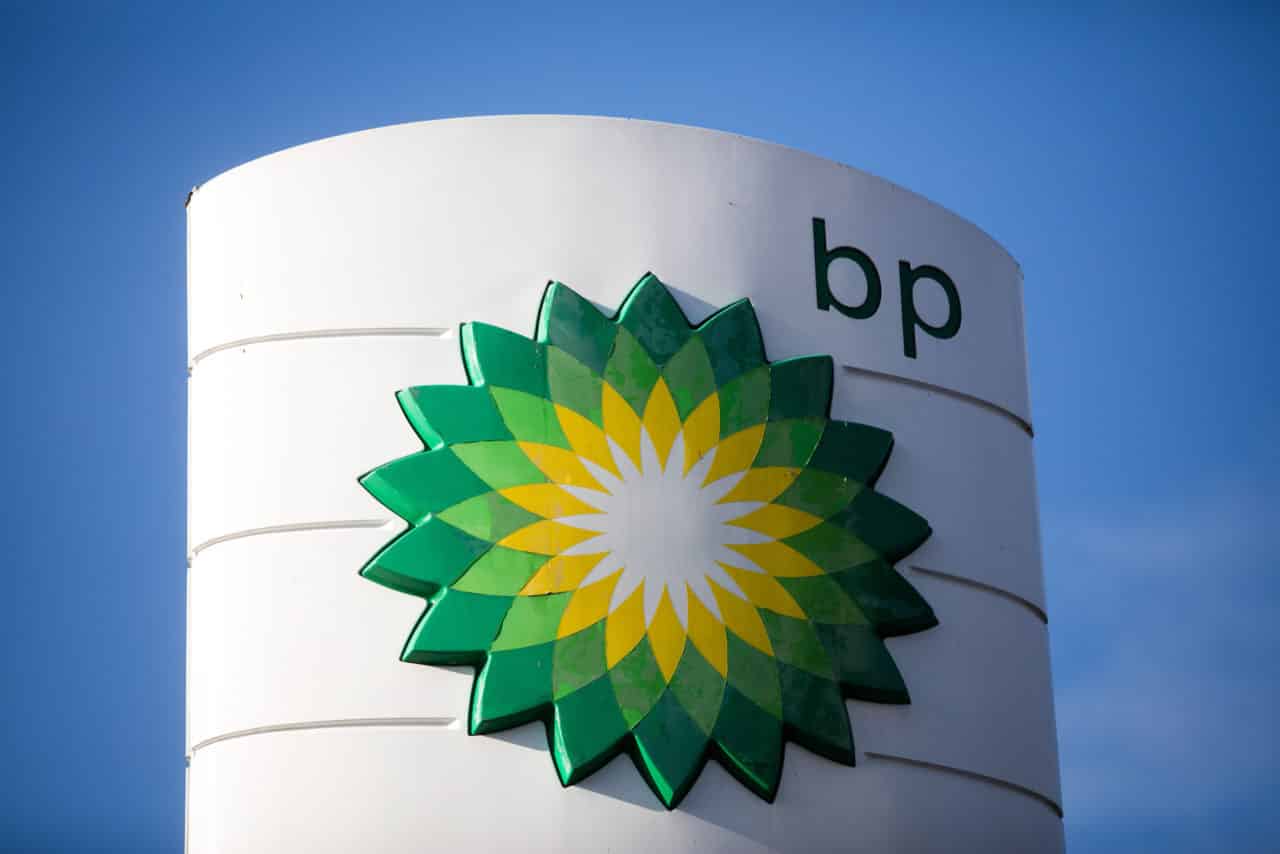3339
0
BP Sees Fossil Fuel Consumption Falling For The First Time
British oil company BP sees fossil fuel consumption falling for the first time in modern history.

Yazar: Tom Roberts
Yayınlanma: 15 Eylül 2020 02:14
Güncellenme: 3 Mart 2026 03:44
BP Sees Fossil Fuel Consumption Falling For The First Time
British oil company BP sees fossil fuel consumption falling for the first time in modern history. In addition to the growth in renewable energies boosted by climate policy, the corona pandemic in particular will have a lasting effect on consumption, the group explained in its Energy Outlook 2020. The forecast underpins the strategic shift of the 111-year-old oil and gas company that will be in the future wants to focus entirely on green energy. By mid-century, BP aims to have zero carbon emissions from its operations.
The London-based group assumes that oil consumption, which has collapsed as a result of the pandemic, will only be able to recover partially in the next few years, despite decreasing travel restrictions. The increased work from home will lead to a slower growth in energy consumption, it said. The experts at BP have calculated three different scenarios for the development of oil demand: In two of them, they assume that the peak of demand was already reached in 2019. In the third scenario, demand will peak around 2030.
All three scenarios anticipate a falling share of fossil fuels such as coal, oil and gas and an associated increase in renewable energies. While the share of fuels in the overall energy mix has shrunk in the past, their consumption has never fallen in absolute terms, said BP chief economist Spencer Dale. At the same time, "the share of renewable energies is growing faster than any other fuel has ever seen in history."
BP estimates that non-fossil fuels will make up the majority of global energy sources by the 2040s, with hydrocarbons likely to fall by more than half over the next 30 years. Even if the demand for energy increases due to the growing population and emerging economies, energy sources will shift to renewable energies like wind and solar, said Dale.
İLGİLİ HABERLER





European stocks soared and focus shifted to German retail sales after Powell's speech!

Forex Signal For TRY/USD: Inflation Slowdown in November.

Forex Signal For GBP/USD: Bullish Trend Still Not Breaking While Recovery Continues.

Forex Signal For EUR/USD: Starry US Data Points to Higher Fed Increases.

Forex Signal For BTC/USD: Downside Continues as Bitcoin Recovery Moves Less.
En Popüler Haberler
Yorum Yap
Yorumlar
Henüz yorum yapan yok! İlk yorumu siz yapın...